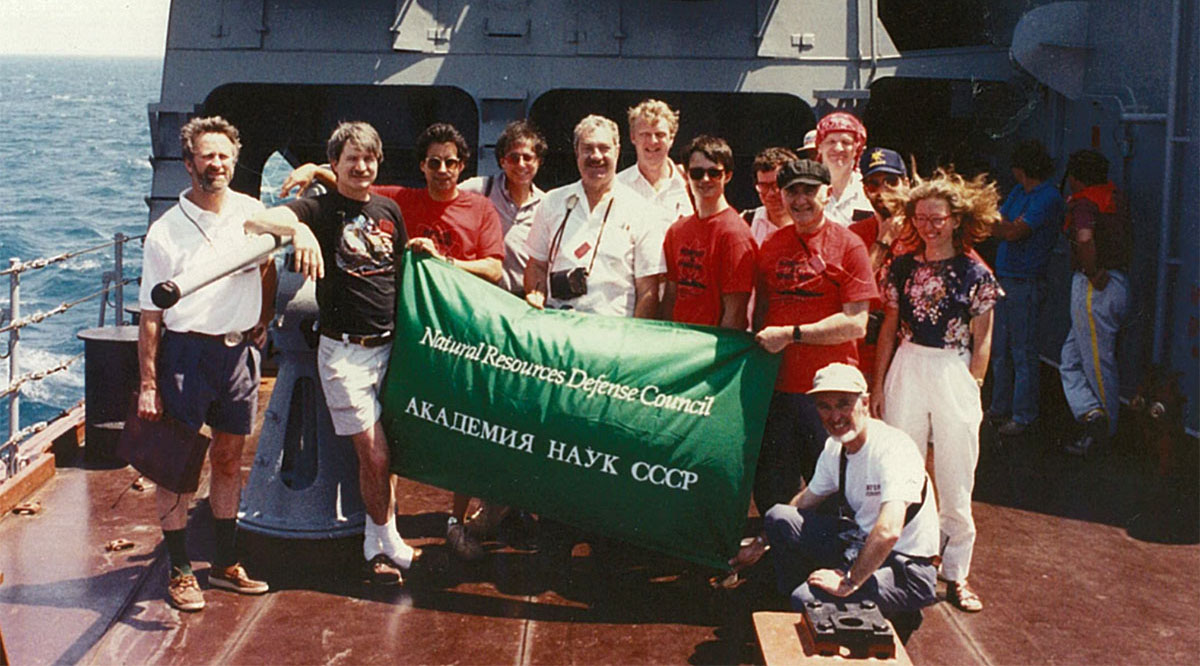The virtual seminar will be held from 12:30 to 2:00 p.m. (ET)
The first part of this talk seeks to convey some of the lessons Dr. Cochran learned during his 40 years of public policy advocacy on issues related to civil nuclear power, nuclear nonproliferation and nuclear arms control issues. The discussion will cover and give examples of what it means to become an expert, the value of working with experts, why it matters where you work, the importance of joining or building coalitions, the need to play in more than one arena at a time, how real-world demonstrations can be highly effective advocacy tools and the rules one should follow to be successful at advocacy. The second part of this seminar will be a more open discussion of the difficulties we face in making progress in the areas of nonproliferation and arms control today, and where the best opportunities for progress lie.
About the speaker. Thomas B. Cochran was a senior scientist at NRDC in Washington, DC, for 38 years before retiring in 2011. At NRDC he served as director of the Nuclear Program and held the Wade Greene Chair for Nuclear Policy. He has served as a consultant to numerous government and non-government agencies on energy, nuclear nonproliferation, and nuclear reactor matters. He was co-editor/author of the NRDC Nuclear Weapons Databook series. He received his PhD in physics from Vanderbilt University in 1967; taught physics at the Naval Postgraduate School (1967-1969) while on active duty in the Navy; worked for Litton Industries (1969-1971) and Resources for the Future (1971-1973) before joining NRDC in 1973. He is the recipient of the American Physical Society’s Szilard Award and the Federation of American Scientists’ Public Service Award and is a Fellow of the American Physical Society and the AAAS.
